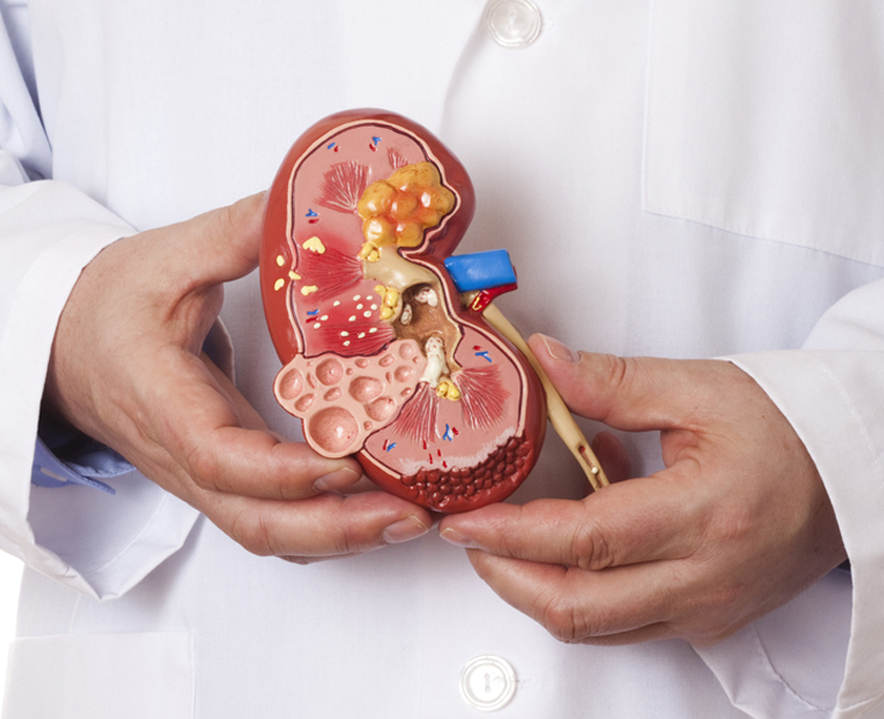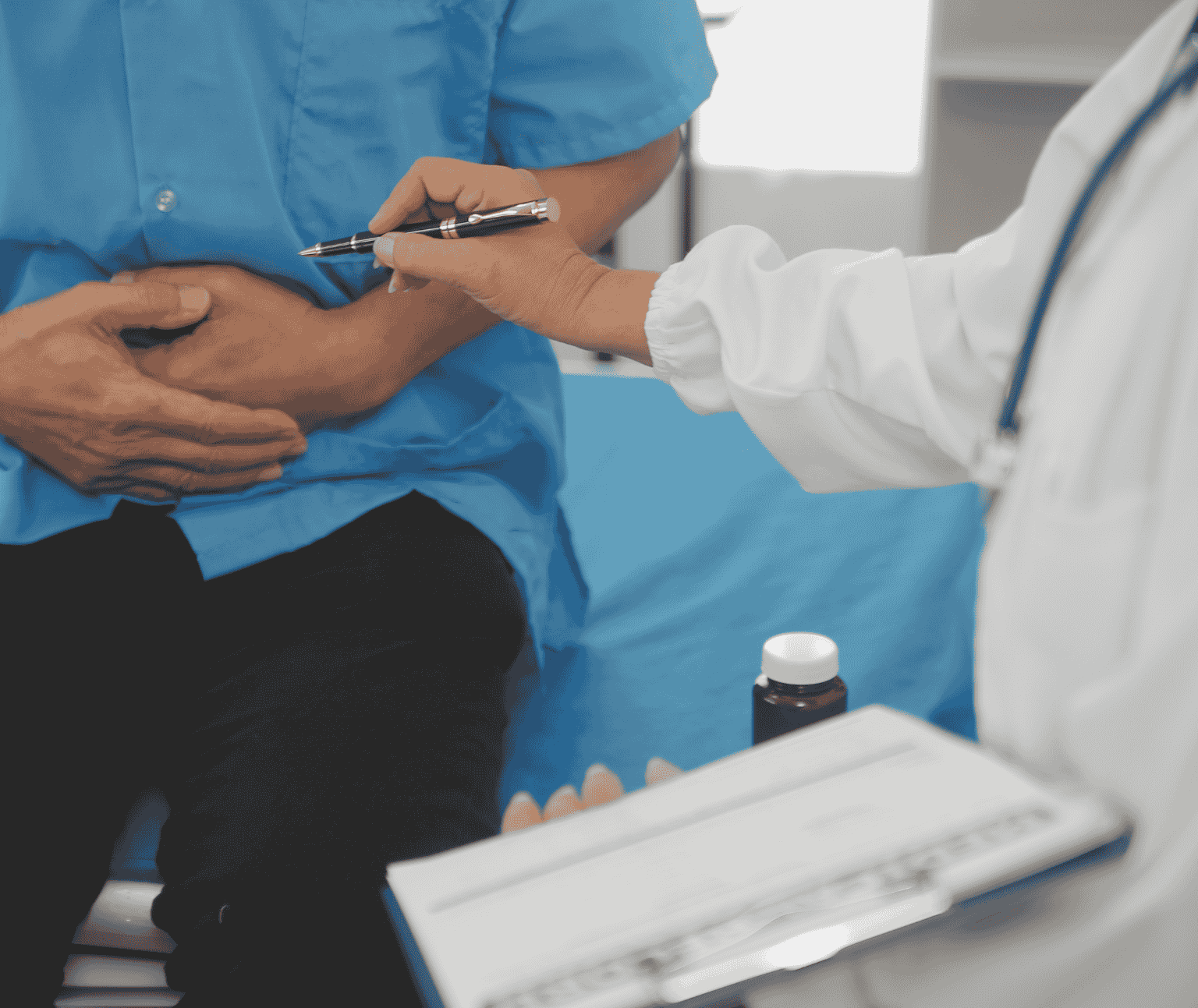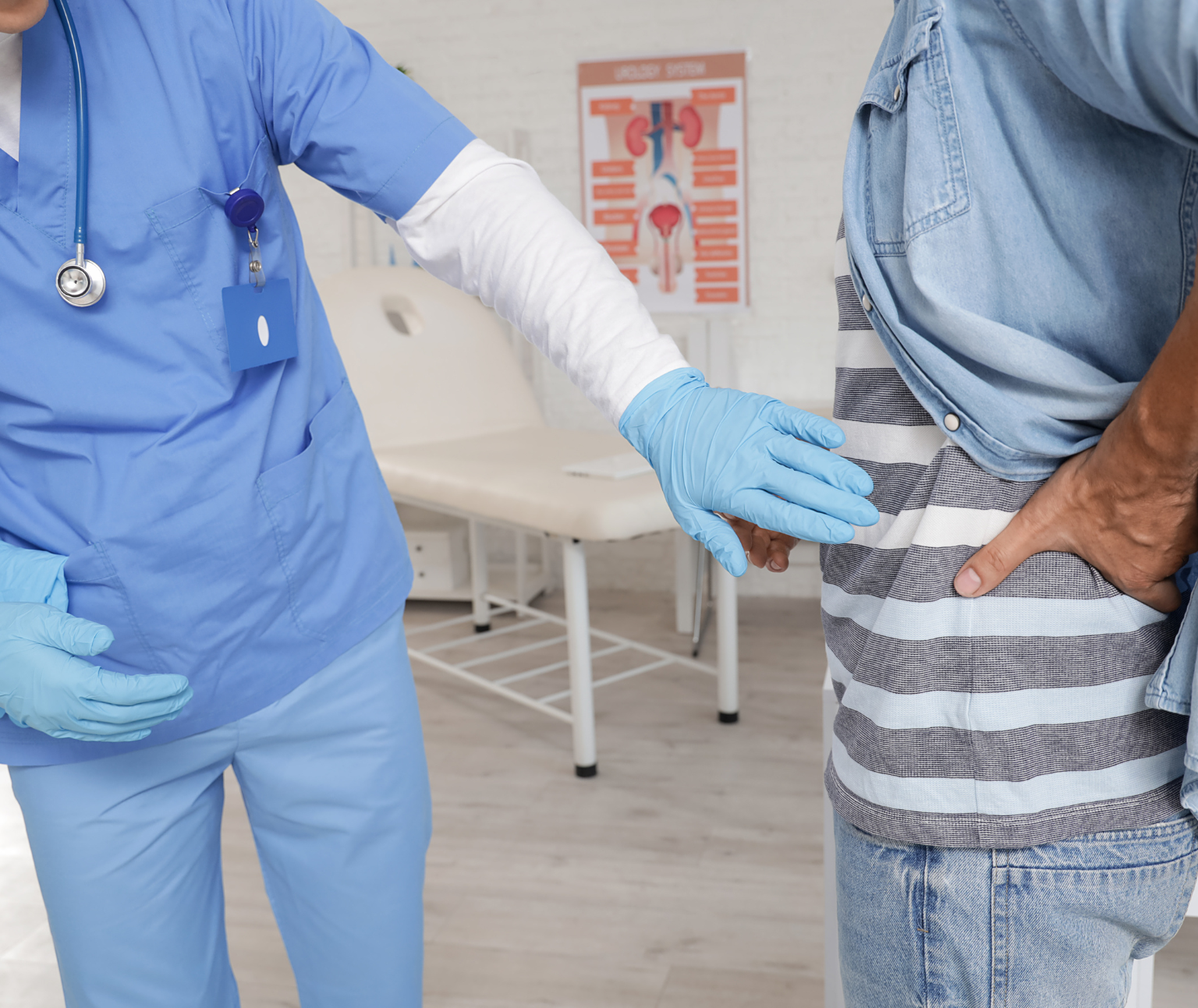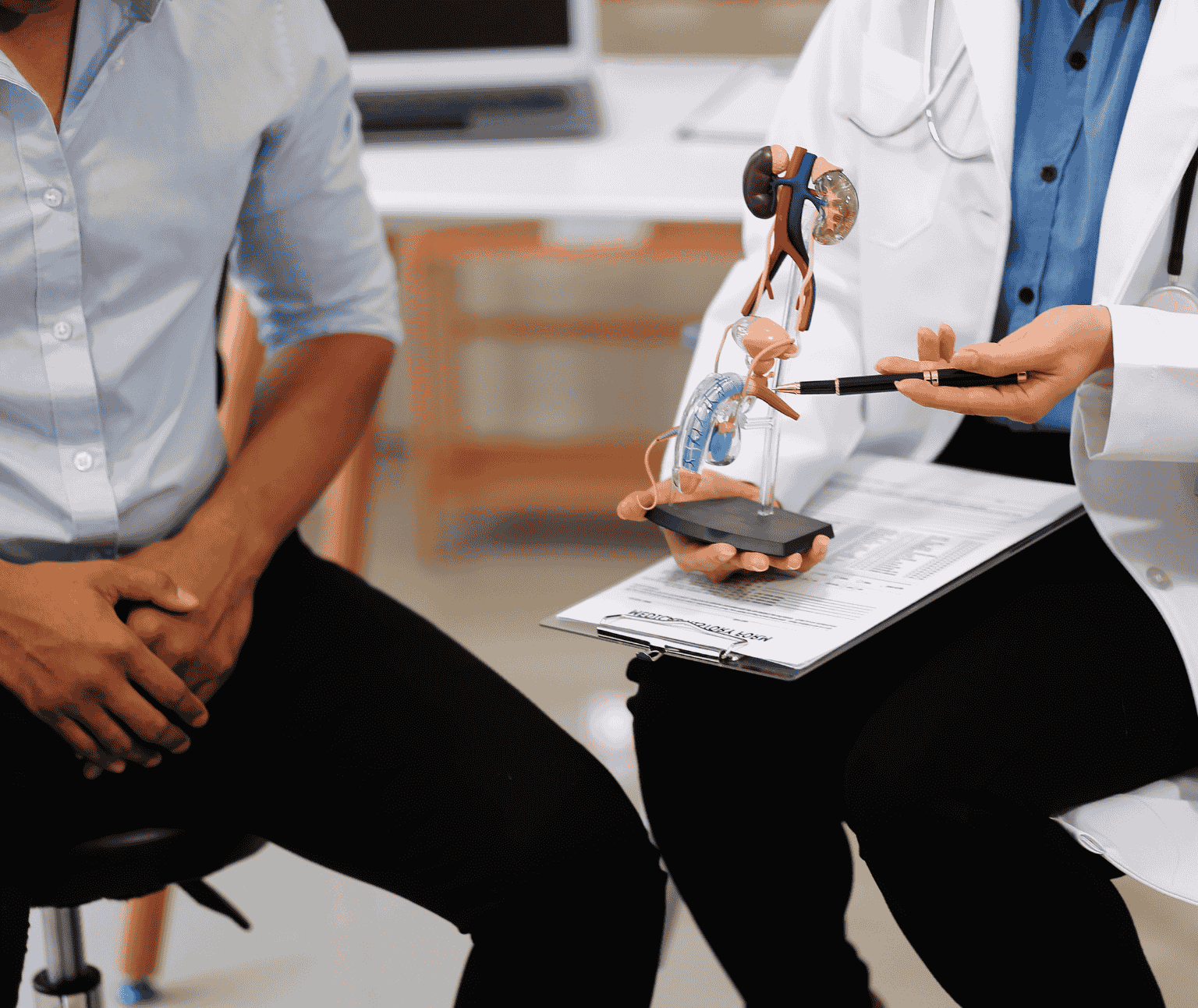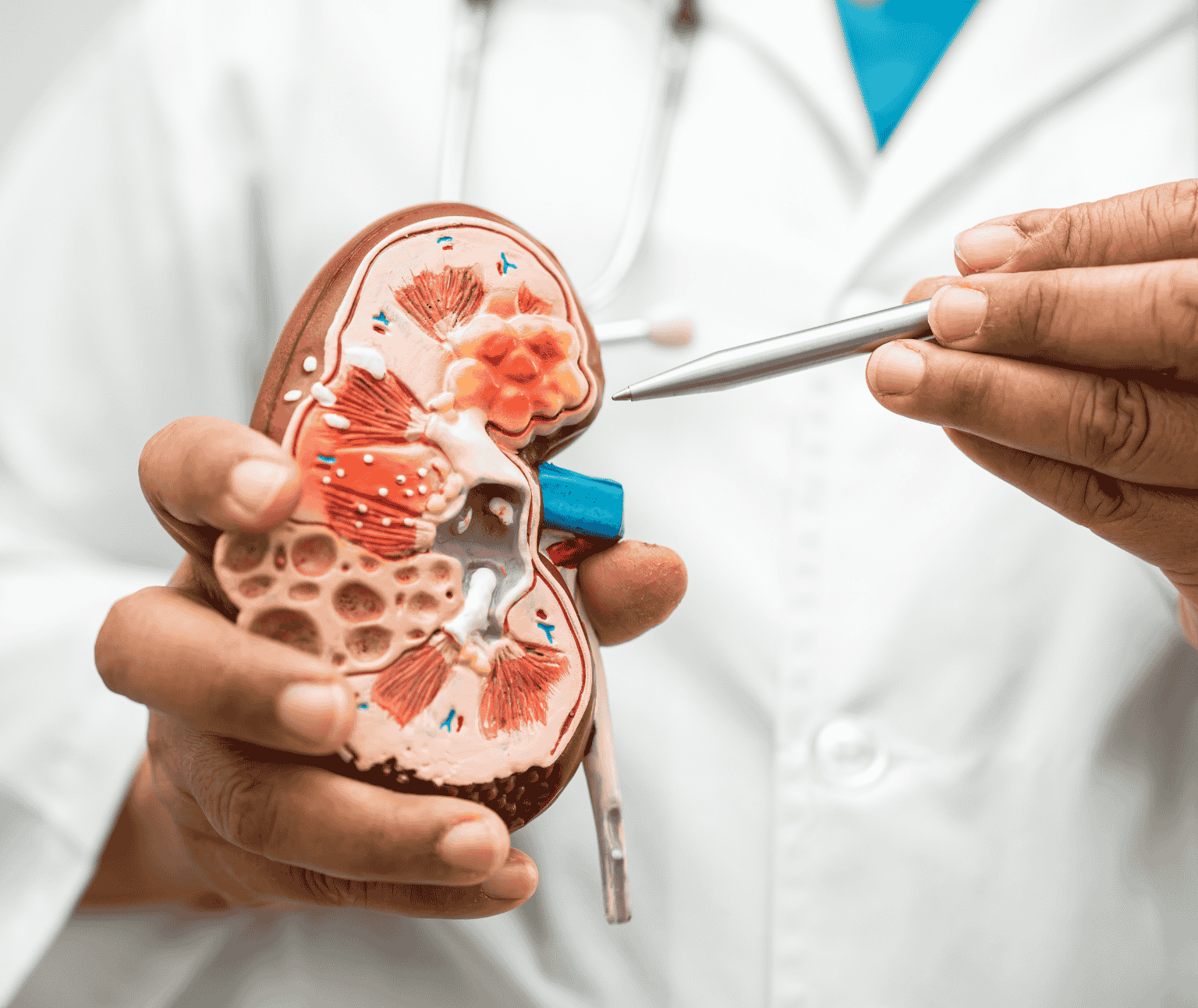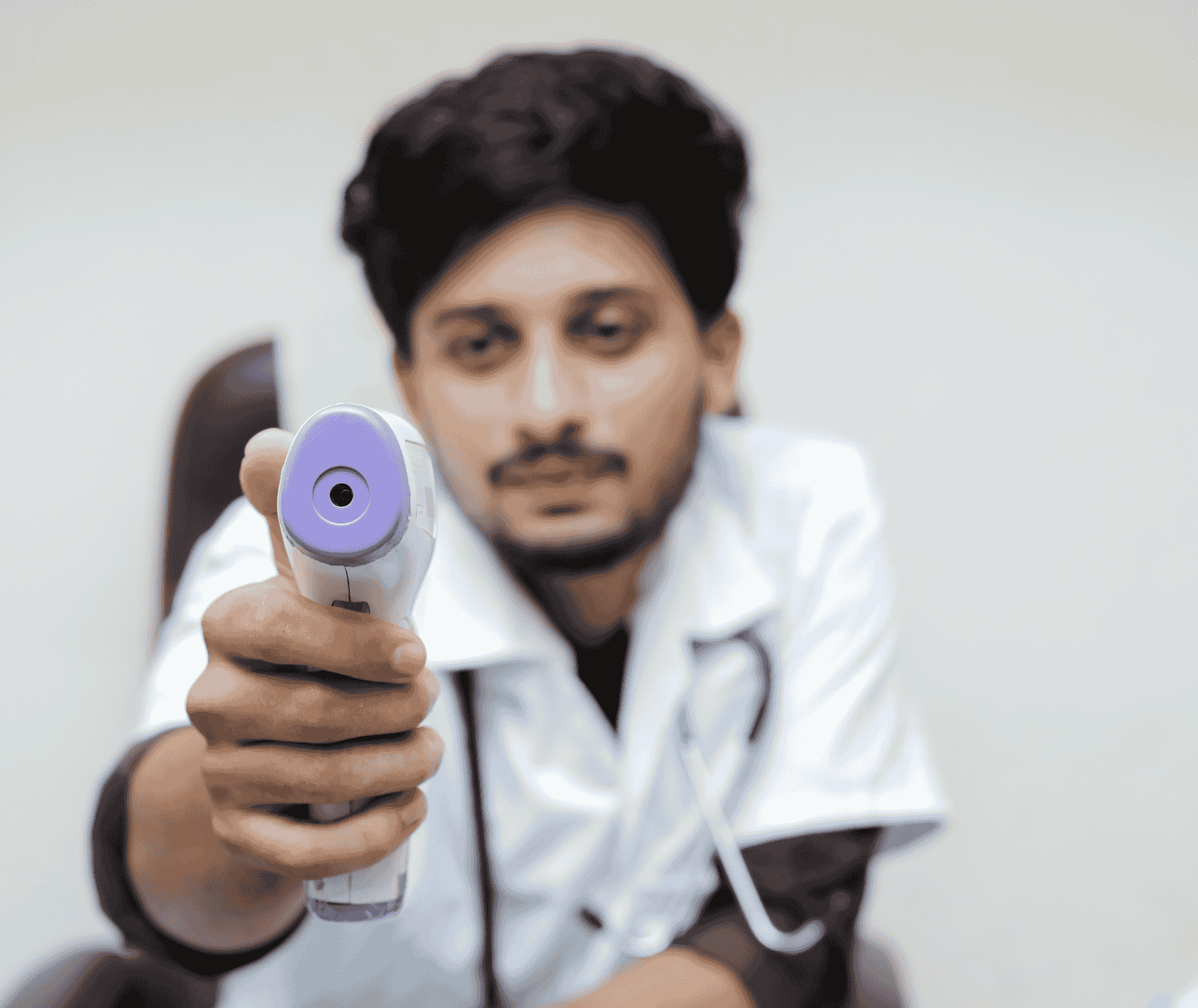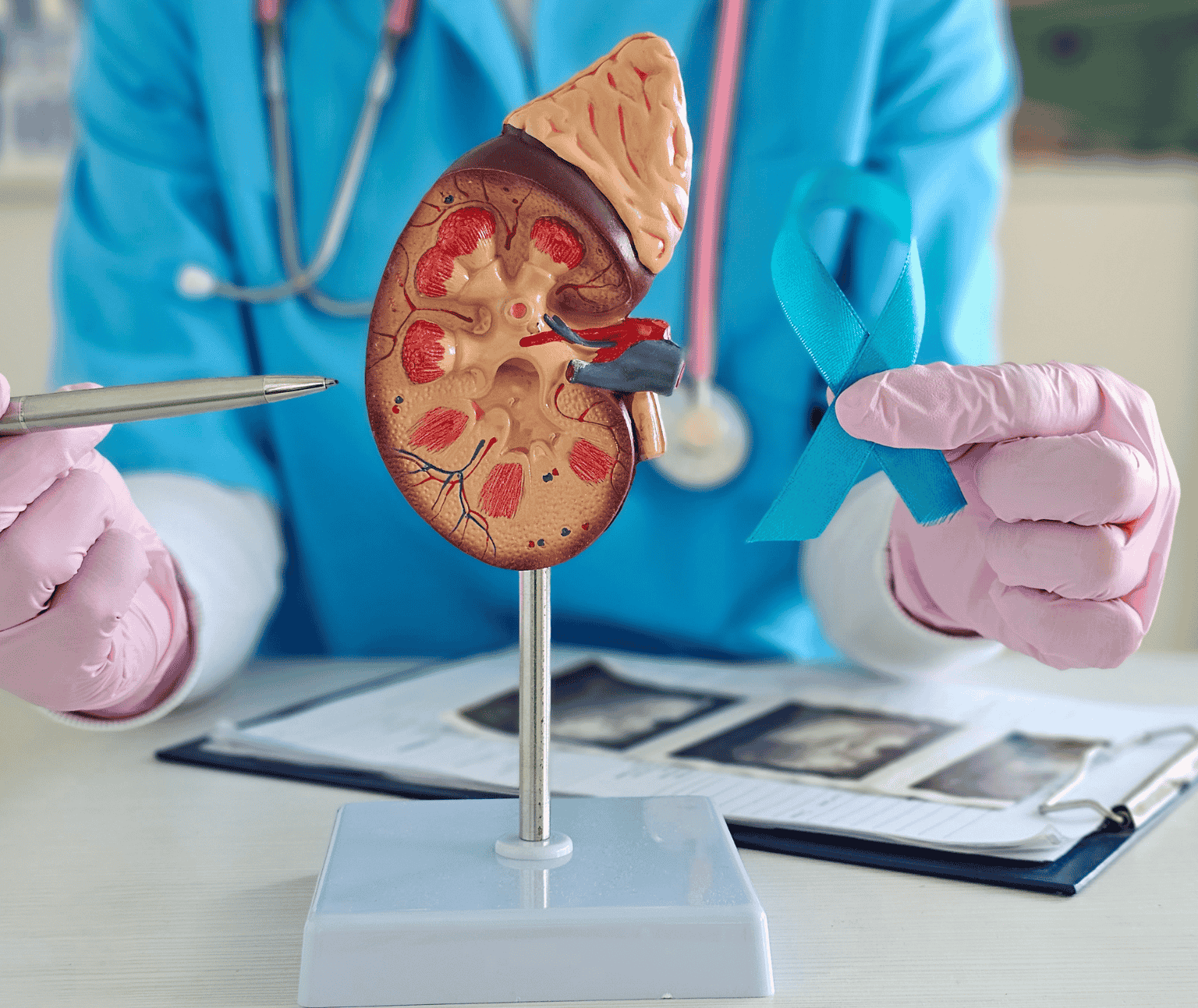Changes In everyday conduct
after a transplant
Once you have recovered from the transplant surgery, you will notice a difference in what you
can eat and drink.
- You will still need to eat food that is low in salt and fat to prevent high blood pressure,
and if you have diabetes, you will still need to watch your blood sugar. Your doctor might
ask your dietitian to help you make a healthy eating plan that will work for you and your
new kidney.
- You may be advised to start a new exercise schedule. Exercise helps to improve heart and
lung health, controls weight gain and even works on improving the mood. However, your doctor
should guide about the types of exercises that are right for you, how often you should
exercise and for how long.
- There will regular medicines that make it easier for the body to adopt the new kidney. You
will have to take your medicines exactly how your doctor tells you. If you ever miss taking
your medicine, call your doctor right away because you could risk losing your new kidney.
Precautions for Preserving
your kidney health after transplant
One risk of a kidney transplant is that your body will reject the new kidney. To prevent such a
thing from happening, its important to take medicines that can weaken the immune system of your
body. These medicines are called immunosuppressants, or anti-rejection medicines.
The immunosuppressants decrease the strength of your immune system, which leads to many side
effects. Discuss the side effects with your doctor and he may alter the dose of the medicine
that was prescribed, or recommend a switch to a different medicine.
To keep yourself healthy, and to make sure your new kidney works well, the following are
precautions are important:
- Take your all medicines like the immunosuppressants exactly how it has been prescribed by
the doctor.
- Be aware of the signs of infection or sign of possible kidney rejection. Contact your doctor
immediately if this ever happens.
- Avoid being around people who are sick and drink plenty of water to stay hydrated.
- you shouldn’t go back to work for three to six weeks after your surgery. In the beginning,
there could be restrictions on what you could do at work (for example lifting weight over 10
pounds).
- You have to wait two to three months before taking a major trip. Talk to your doctor about
anything you should consider before travelling, for example, getting enough refills on your
immunosuppressants to make it through the whole vacation.
- You can only start driving 2 to 4 weeks after your transplant. This is mainly because the
medicines consumed after transplant often cause vision changes and tremors.
- you should not have sex for 4 to 6 weeks after your transplant and women who had a kidney
transplant should avoid pregnancy. Ask you, doctor, what birth control method would work
best with your new kidney.
Getting a kidney transplant is a life-changing event, usually an exciting and joyous event. But
since it is a major change, it’s common to have different kinds of emotions post-surgery. You do
not have to deal with these feelings alone. Reach out to your family and friends for support.
Also, let your transplant team know about your emotional changes so they can help support you
and adjust your medicines if needed. Your doctor may also refer you to a good mental health
specialist to help you through the phase emotionally.
